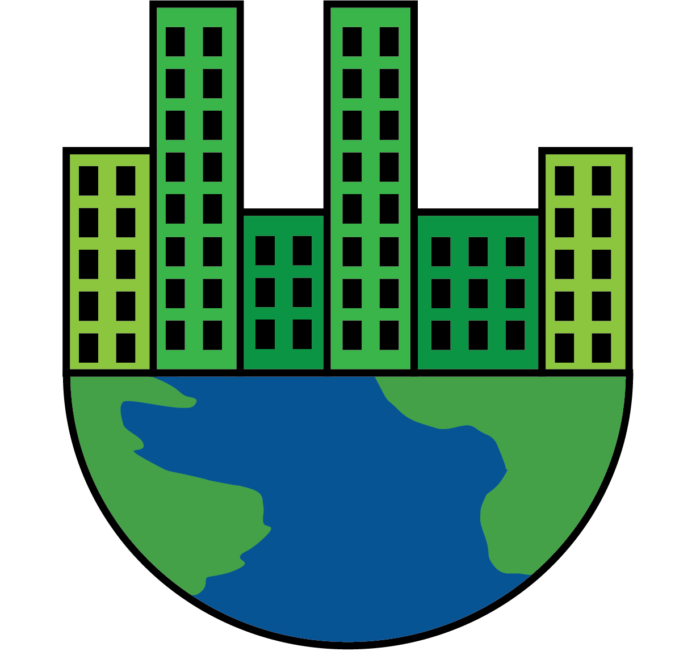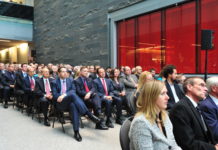The start of the University of Waterloo’s “Green Entrepreneurship Workshop Series” was on March 3, 2022. This is the first of five events that will occur every Thursday throughout the month of March and the second time the workshop series has been hosted.
The workshop was held on Zoom and the main theme was green entrepreneurship in today’s world. There were over 1100 registrants from more than 70 countries. The series has many partnerships from all across North America such as Simon Fraser University, Université Laval and The University of Oklahoma. Participants included people attending from places such as the USA, Ghana and Mexico
The workshop series is being organized by the University of Waterloo, the Commission for Environmental Cooperation and the EcoInnovation Network, along with several other partners. The series is mainly being held for students who want to educate themselves about sustainability and entrepreneurship.
Brock Dickinson, the Assistant Director of the Economic Development Program at UW, assisted with the presentation of the event. Dickinson is very experienced in his field as he was the CEO of MBD Insight, Canada’s largest specialist economic development consultancy and has also led many sustainability-related projects through the role of a consultant with the United Nations.
Richard A. Morgan, the Executive Director of the Commission for Environmental Cooperation, and Dr. Jean Andrey, the Dean of the University of Waterloo’s Faculty of Environment, also provided opening remarks.
After the opening remarks, the first speaker was UW’s very own Dr. Jose DiBella, an expert in climate change risk and adaptation. Jose spoke about a project that he is currently working on called “TRANSFORM” — a network of researchers and practitioners that design sustainability experiments, build capacity and accelerate innovation to more resilient, inclusive communities. This network works on the transformation of the private sector in order for cities to achieve sustainable lifestyles and become resilient to climate change impacts.
“TRANSFORM” focuses on small and medium enterprises as they make up the majority of all businesses. For example, in Canada, SMEs represent 99 per cent of businesses. They also represent a huge potential of force for transforming the cities that we live in.
In his presentation, DiBella said, “The fact that sustainability is still a flexible term represents an opportunity to me,” highlighting how DiBella thinks that businesses nowadays could incorporate sustainability within their processes and take part in becoming sustainable easily. There are so many unique ways to be sustainable due to the flexibility of what “sustainable” even means.
The second speaker was Klaudia Sanchez, academic coordinator of Social Responsibility and Sustainable Development from Anahuac University in Naucalpan de Juárez, Mexico, who specializes in social responsibility and innovation. Sanchez’s main focus was the importance of the different parts that make up the environment, such as plants, animals and insects. Sanchez spoke about a project called “Planeta Vivo Project” which focuses on the environmental problems we’re facing today such as the rapid biodiversity loss.
Sanchez highlighted the destruction of essential species and ecosystems all around us, making life in the future that much more difficult for us. Sanchez spoke about the multiple unique uses for plants within Mexican culture, such as decor, medicine, cooking and food. She also spoke about how we use these resources as if they’re unlimited, which is not the actual case. Loss of biodiversity is a direct cause for rising costs, which is why it needs to be prioritized.
The third speaker was Tom Wavering, the Executive Director of the Tom Love Innovation Hub at the University of Oklahoma (OU). Wavering’s presentation focused on how universities, governments and societies can do things to actually take action on the issues we’re facing today. Wavering explained the concept of green entrepreneurship and how it can mean several things, such as cultivating green business through green practices or combining entrepreneurial ideas with green concepts to address social and environmental problems. Wavering also spoke about the Tom Love Innovation Hub and how they help people get the tools they need in order for them to take action towards their ideas. If anyone has an idea and they need tools to actually turn their idea into something, the Hub provides all the tools that they have to those individuals to help them.
Finally, Wavering also highlighted the OU Startup Programs as a central resource for anyone in the OU community that is interested in launching a business or idea. These programs are an excellent opportunity for the community at OU, providing everything they need to turn their idea into reality.
































